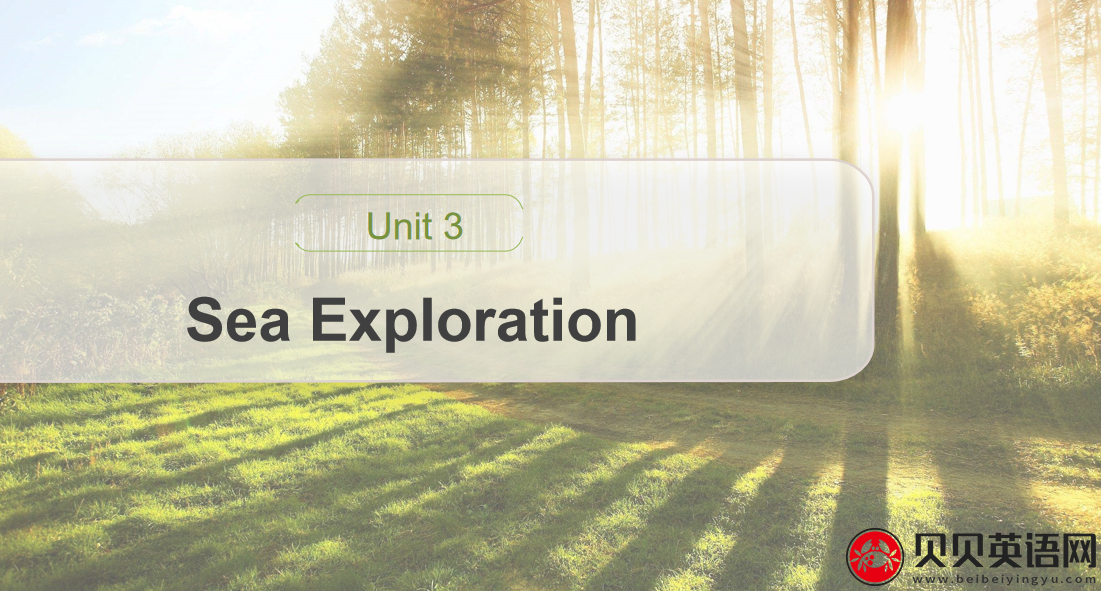欢迎访问贝贝英语网!

One of humanity’s greatest achievements has been mastering routes across the world’s oceans.Communities separated by thousands of miles have been brought into contact and religious ideas have spread across the waters,①while artistic creativity has been spurred on by the experience of seeing the products of different civilizations.Customs have been decisively(果断地) altered(改变) by the movement of ships across the oceans.No one drank tea in medieval Europe,but once contact had been made with the tea-drinking Chinese,tea became the obsession of millions of people from Sweden to the United States—tea is part of the founding history of the United States,as the Boston Tea Party reveals.We tend to think that the opening of the oceans was the work of the great explorers,especially the 15th century pioneers②who edged their way through uncharted waters to southern Africa,the Indian Ocean and the spice lands of the Indies.These were sailors such as Christopher Columbus and scores of merchants who followed in their wake,taking full advantage of new knowledge about the open ocean to develop trade links across the world that were the precursors of modern globalization.These were the people who really mastered the oceans and brought the continents into contact.In the 21st century,however,new factors have changed entirely the way goods are carried across the seas,even though over 90% of world trade is carried on ships.Container ships carry many thousands of containers.Business is conducted on a scale that utterly dwarfs(使相形见绌) that of even 20 years ago,transforming a familiar world.And yet,through trade and cultural exchange,the seas continue to connect even the most distant lands.